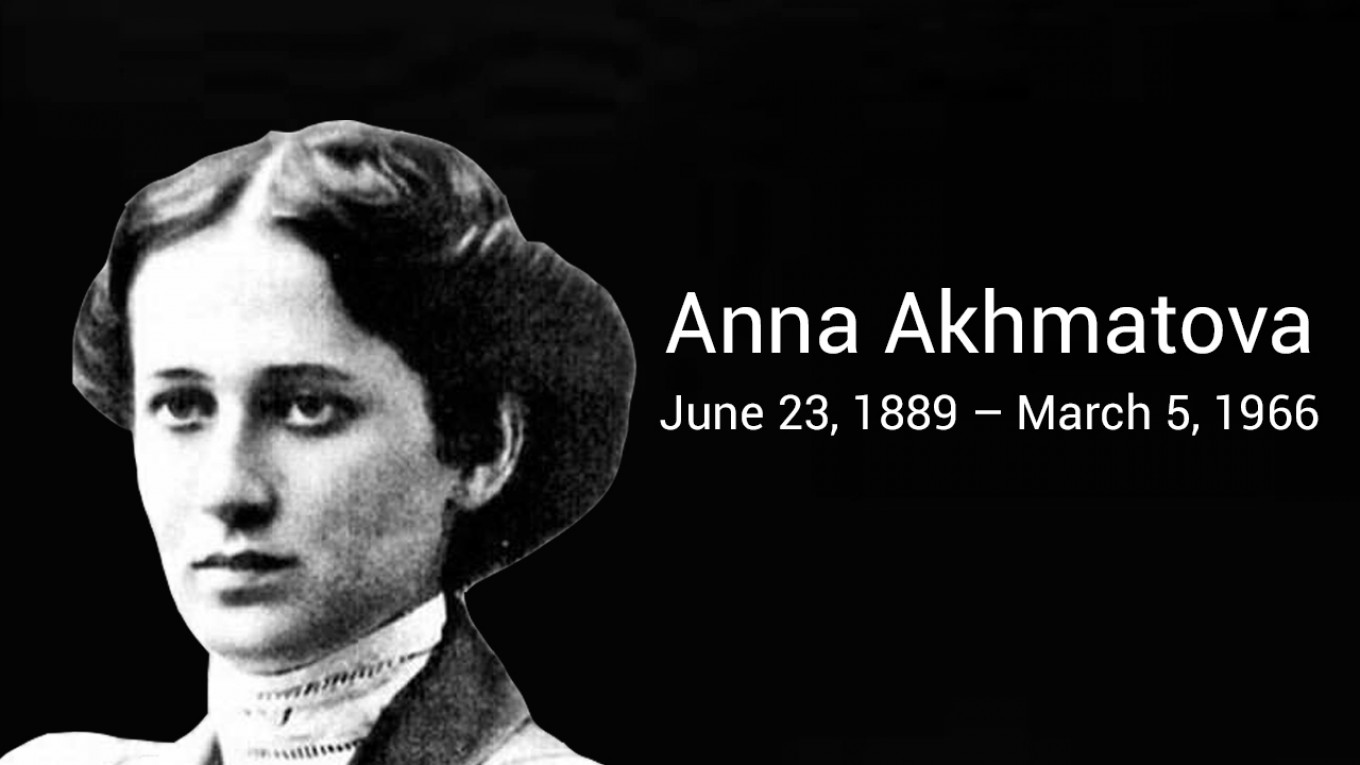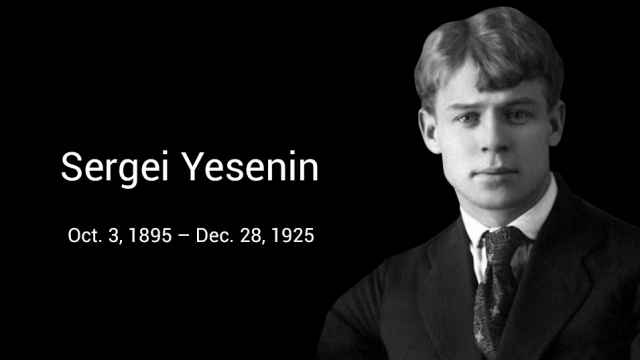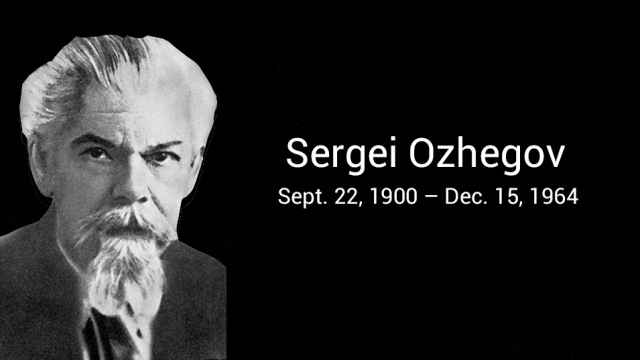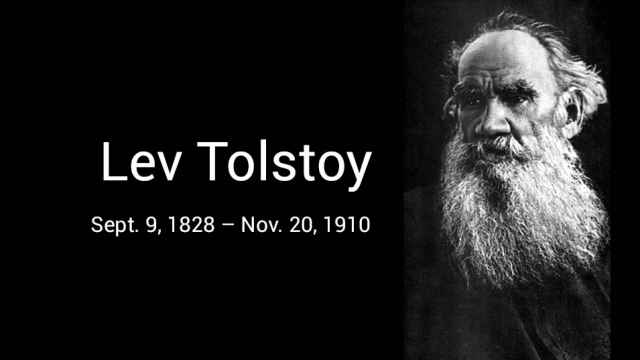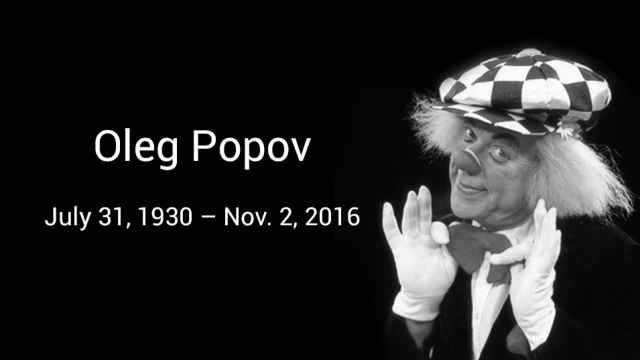Anna Akhmatova is one of Russia’s most brilliant poets.
Born in Odessa, Ukraine, Akhmatova’s parents were both descended from Russian nobility. Her family moved to St. Petersburg before she was a year old, and she started writing poetry at age 11. Her father didn’t want any of her work published under his “respectable” name (Gorenko), so the poet then adopted her grandmother’s Tartar name: Akhmatova.
At age 21, she joined a group of St. Petersburg poets called the Acmeists, which included the great poet Osip Mandelshtam and Nikolai Gumilyov, who fiercely encouraged her poetic endeavours. Akhmatova and Gumilyov married in 1910, and their son Lev was born in 1912. Their marriage, however, ended in divorce in 1918.
The young Acmeist poets stood apart from the dominant style of symbolism, critical of its vague themes and images. Instead, they focussed on precise language, beauty, clarity, culture and art.
Akhmatova flourished. Her poetry, unreservedly feminine and unabashedly intense, launched a new style not yet seen on the Russian poetry scene.
In 1912, Russia’s Guild of Poets published her first collection, “Evening,” the first of five books she would produce in the next decade. Five years later the 1917 revolution began in what was known then as Petrograd (today’s St. Petersburg). Although Akhamotva considered the option to leave, she eventually decided to stay: a decision she was proud of.
In 1921, her first husband, along with 61 others, was executed for alleged participation in an anti-Bolshevik conspiracy. These executions had a strong effect on the Russian intelligentsia. The Acmeist group dissolved and Akhmatova and her son were stigmatized. She was not able to publish her works, and Lev was not accepted in schools. While Akhmatova herself just about managed to avoid being arrested, her son was on several occasions imprisoned. Later her second husband was arrested several times and eventually executed. Akhmatova had spent endless hours in line to deliver food packages and appeal for their release. She immortalized this later in her great poem, “Requiem.”
In 1939, Stalin approved one volume of her poetry, though within months the books were withdrawn and destroyed. Later reports showed that during this time, Akhmatova was under surveillance; her apartment had been bugged and detailed files on her were kept.
During World War II and the Siege of Leningrad, Akhmatova was evacuated to Uzbekistan, where she began work on “Poem Without a Hero,” what she considered to be her life’s work. She returned to St. Petersburg (then called Leningrad) in 1944. But her struggles were not yet over.
In 1946, Stalin ordered an official campaign against bourgeois writers. Akhmatova was condemned, her poems banned from publication for “poisoning the mind of the Soviet youth.” This also led to her expulsion from the Union of Soviet Writers.
Following the rearrest of her son in 1949, Akhmatova began for the first time writing propagandist poetry, some of which made it to the front page of Pravda newspaper. Lev was eventually released in 1956, three years after Stalin’s death and likely with significant help from his mother.
From this time on, life began to get easier for Akhmatova. At the age of 67, she was readmitted to the Writers’ Union. Her poems began to be circulated and published again, though the poem most damning of the Stalinist era, “Requiem,” was notably absent.
In her later years, Akhmatova became widely celebrated both in the U.S.S.R. and beyond. She was shortlisted for a Nobel Prize in 1965 and received the most nominations the following year. She would go on to inspire and mentor young Soviet writers, and became known as an unofficial leader of the dissident movement.
She died in 1965 and is buried in Komarovo outside St. Petersburg, where she had a small dacha.
A Message from The Moscow Times:
Dear readers,
We are facing unprecedented challenges. Russia's Prosecutor General's Office has designated The Moscow Times as an "undesirable" organization, criminalizing our work and putting our staff at risk of prosecution. This follows our earlier unjust labeling as a "foreign agent."
These actions are direct attempts to silence independent journalism in Russia. The authorities claim our work "discredits the decisions of the Russian leadership." We see things differently: we strive to provide accurate, unbiased reporting on Russia.
We, the journalists of The Moscow Times, refuse to be silenced. But to continue our work, we need your help.
Your support, no matter how small, makes a world of difference. If you can, please support us monthly starting from just $2. It's quick to set up, and every contribution makes a significant impact.
By supporting The Moscow Times, you're defending open, independent journalism in the face of repression. Thank you for standing with us.
Remind me later.


